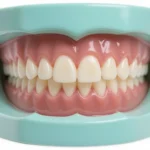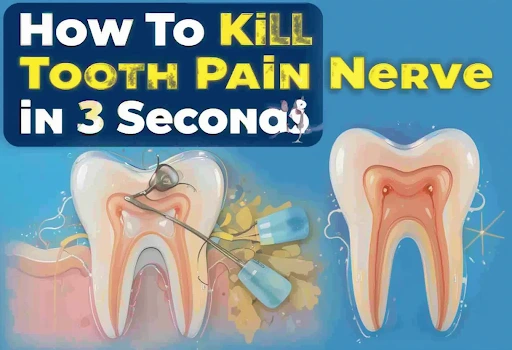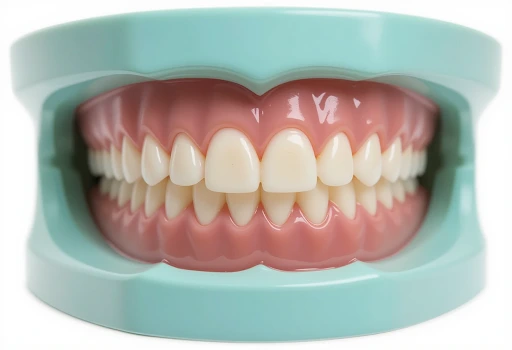Though it might be tempting, killing a tooth nerve in three seconds permanently is neither safe nor reliable. Luckily, home remedies exist that can temporarily ease discomfort.
Over-the-counter pain relievers such as ibuprofen and acetaminophen can help reduce inflammation around a nerve. Clove oil contains natural anesthetic properties. A warm salt water rinse may also be effective at relieving symptoms while loosening food debris.
1. Tooth Sensitivity
Tooth sensitivity is an uncomfortable condition caused by wear-and-tear on enamel that exposes dentin, leaving microscopic tubules vulnerable to hot and cold temperatures, sweet or acidic foods and beverages, brushing, flossing and any other activities which expose them. This can result in sharp, temporary discomfort or even pain for some individuals.
Persistent tooth sensitivity should prompt immediate professional action, and as soon as possible you should contact your dentist to set up an appointment and address its source. Your dentist can identify what’s causing the discomfort and provide treatments options to address it.
Tooth sensitivity can often be short-lived and is typically the result of decay on a tooth surface, loose fillings, gum recession, or teeth grinding. A soft-bristled toothbrush, desensitizing toothpaste and following good oral hygiene practices may help decrease painful symptoms; if they continue however, you may require further intervention from a dental professional such as fillings, dental bonding or root canal treatments that cover sensitive roots for lasting relief from chronic sensitivity.
2. Swelling
Throbbing tooth pain can be a nightmare that keeps you awake. The throbbing sensation is caused by nerve inflammation, which may be due to untreated dental issues like cavities. In some cases, the sensitivity can be relieved with over-the-counter pain killers like Ibuprofen or acetaminophen.
However, these home remedies do not help to eliminate the root cause of the nerve pain. They can only provide temporary relief, and it is important to visit a dentist for a comprehensive examination, prevention tips and treatment solutions that will help to solve the underlying issue.
A common home remedy for teeth sensitivity is to rinse with salt water. This can help reduce inflammation, cleanse the mouth and soothe the tooth’s nerve. It’s also helpful to rinse with a mild antiseptic such as listerine or hydrogen peroxide to kill bacteria and disinfect the area. However, rubbing alcohol should not be used as it burns rather than numbs. You may also wish to use a topical anesthetic to soothe the pain.
4. Biting Down on Food
Sharp, stabbing pain experienced when biting can indicate that immediate professional assistance is necessary. It could be the sign of tooth decay or cracked teeth; or could signal infection or abscess that needs antibiotic treatment to resolve.
Tooth sensitivity is another common source of pain when biting down, often caused by tooth erosion, cracked or missing teeth, gum disease or decayed enamel. One effective solution is using toothpaste containing stannous fluoride to protect against decay and reduce tooth sensitivity.
If you suffer from tooth sensitivity, TechTarget recommends avoiding hard foods like ice cubes, unpopped popcorn kernels, and nuts. A mouthguard may be beneficial if you grind and clench your teeth at night, as it can help prevent cracks and fractures from developing. Regular dental visits are also crucial, as they help prevent decay and other oral health complications. Be sure to describe any pain when biting down, as this could provide valuable clues about its source.
5. Swelling in the Jaw
When combined, tooth nerve pain and jaw swelling indicate a severe gum infection or inflammation, possibly spreading into the root of your tooth. Other potential causes could be cracked/broken teeth, gum disease or teeth grinding (bruxism). Swelling in your jaw often indicates you require professional medical assistance as soon as possible to ensure the infection doesn’t spread to other parts of the body.
Home remedies such as ice packs or numbing gels may temporarily alleviate pain, but these aren’t permanent solutions. Furthermore, some treatments could actually be detrimental to your health: for example swishing alcohol around your mouth will only irritate it further and may lead to chemical burns; bleach may poison you by exposing you to sodium hypochlorite; while taking gasoline will put your life in jeopardy due to dangerously high carbon monoxide concentrations.
Root canal or extraction procedures offer instant relief of tooth nerve pain, without killing the nerve in any way. They work by clearing away irritation from within and provide instantaneous comfort.
Read also: How to Kill Tooth Pain Nerve in 3 Seconds Permanently













